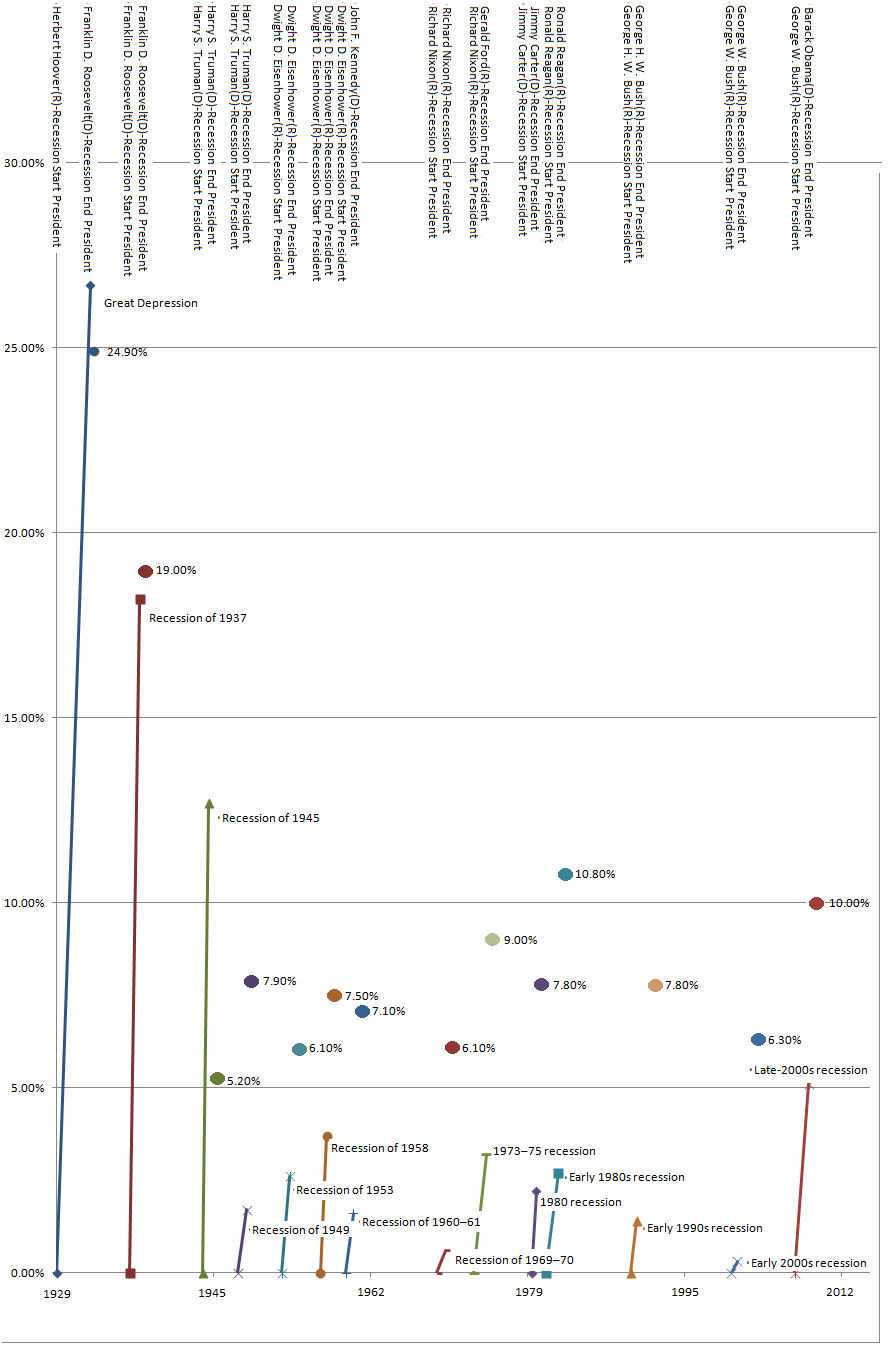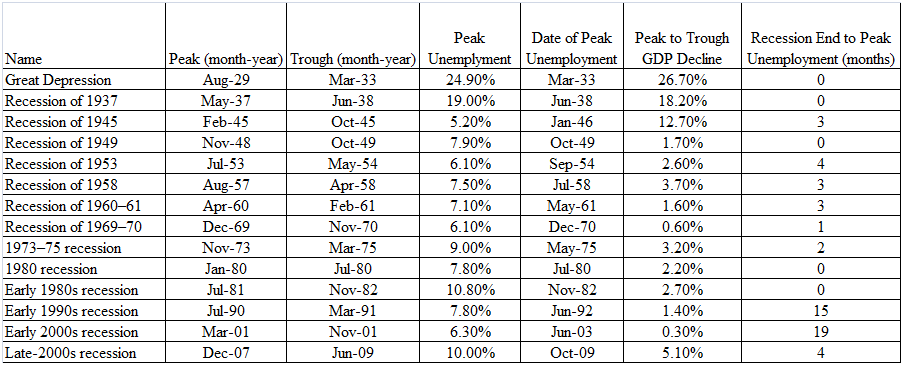Congratulations President Obama!
In spite of all the dust kicked up by the Republicans in this presidential campaign, there is an enduring shine on our future. In spite of the Citizens United decision and all the billionaires wasted billion+ dollars, albeit a fiscal stimulus from the private sector , the regular folk have stood the test, weathered the BS, separated the wheat from the chaff and preserved the union for the many and not the few. Those whose ideologies protect a shrinking populace from a growing populace cannot survive in this democracy. There are other countries more suited to that pursuit but our citizens have once again affirmed “by the people, for the people and of the people”. Oh yes, it is messy but our optimism, over time, keeps our eyes toward the future and not embroiled in the past. If we will not or cannot change to meet the challenges of the future we will rot in the ‘good ‘ol days’. The economic, free market, purists may prefer their utopist ideals to international and domestic realities but they will continue to get marginalized if they keep telling us to wait for the private market to decide in the face of decades of no decision for health care, elderly, poor, crime, education, disease and fairness. If we had waited for the market’s decision on these matters we would not be a democracy but a plutocracy as every other country in history has repeatedly proven when they embarked on that path. The comes a time when the PEOPLE have to decide. The people have decided that the market is not the panacea for all social ills AND made the decision not to wait for the market’s purported solution. Of course, the elitists will continue to claim that unicorns really do exist and we should wait for them but reality seems to get the attention of the common folk more. Perhaps those that ‘know’ would benefit from a little Socratic ignorance and pay less attention to their sophistic, capitalistic ‘tenure track’ interests.
In addition to the Republican message getting out of touch with changing demographics, they would also do well to not try to “fool all the people all the time”. The strategists obviously thought that given the right amount of money they could position Mitt has a far right winger during the primary and a moderate Republican in the general election. As elitists typically do, they believed that they were smarter than the masses (the 47%) and that people would forget the primaries, forget the lost decade of 2000, and sheepishly follow the correctly pitched party line. What they proved is that people have a better memory than they give them credit for AND trust has to do with ideological consistency. Sophistry does have some short term benefits at times as every liar knows but over time the Sophist acquires a reputation as a liar that cannot be trusted. When the Sophist loses credibility and trust is damaged, the tried and true propagandist tactic of truth as repetition is much harder sell. The Romney strategy of ‘tell them what they want to hear’ duplicity made Romney himself look like a phantasm, not real, and common folk want real people that can perform in real situations in the real world. This is the reason that President Obama won the election. President Obama has an even hand, says what he means, and won the trust of enough of the electorate to stay in office.
While Fox news is in the business of re-creating a ‘brand new world’ the real facts have a pesky way of staying relevant. Fox and friends wanted the American people to believe that the economy was horrible and all of it was due to President Obama but the facts kept popping back up. Fox labels the tendency of facts to keep popping up as the ‘liberal media’. They want to believe that the ‘facts’ they created are not subject to question or debate. Fox has to continually pump up the congregation with a better sermon. This is the problem with creating automatons…they need constant feeding. They cannot feed themselves, fish for themselves, so they need fresh meat daily. It is a Fox News handout of sorts at least as long as they can keep the church large enough to pay their bills. The Heritage Foundation, American Enterprise Institute, and the Cato Institute have a monotone approach in their analysis that makes them overtly partisan and thereby, not credible. Yes, there are liberal think tanks that would like to mimic this behavior but it does not work as well with their natural constituencies. Liberals are plural, more heterogeneous in ethnicity, ideology, self-identity. Homogeneity does not work so well for them. What does work for them is critical thinking, error detection, a sense of facts that I may not like or agree with but still retain the status of ‘truth’. With regard to liberals, they are much more like herding cats than cattle. This is where the conservative ‘think tanks’ go wrong in their assessments. Some folks that are more fear bound and determined, more amygdala dominated, are easier to coral. Folks that are more concerned with responding appropriately to real situations are more engaged in error correcting, anterior cingulate cortex dominated. They need to first believe that there are facts ‘out there’ that is other than what I want or need or like. These folks do not want convenient truths but real truths. Fear paralyzes and creates fantasies in its chronic form. Fear was really only meant in an evolutionary sense to get us to run when a tiger approaches us. It was never meant to create illusions of ever approaching tigers to get us to listen to its council as to how to keep from getting eaten. As such, chronic fear is dysfunctional, delusional and non-adaptive. Eventually, as Joseph McCarthy discovered, the myth of impending doom becomes more of a personal problem that a social ill. This is what Fox, conservative ‘think tanks’ and Republicans risk if they push their methodology too far. Credibility is not faked. Credibility is acquired by having beliefs that are researched from non-partisan, good sources and being open to change if the facts warrant it. This is how folks that are not prone to fear paralysis want to respond to new challenges. Insulting these folks may make the fear mongers feel better about themselves but will not get them into national office when social change is called for to effectively address pressing issues.
For those that believe the end of the world is upon us, I know a lot of folks are going through Fox News withdrawal now and waking up to smell the coffee that many of us think the economy is improving and the future is bright not dark and dismal. The next four years will be even better for the economy and the Democrats. If the Republicans continue to deny the numbers economically and demographically they will find it harder and harder to win national elections. Obstruction, whining and negativity may feel good and make Fox lots of money but becoming part of the solution will keep you in national office. I know many of the doom and gloom prognosticators will only dig in harder but I hope, this time -PLEASE, remember your dire predictions and in four years when we still have a great country with a strong economy…do us all a favor and reflect please!
I think it will be very interesting to see how the Republicans digest this failure. It seems that demographics will absolutely not allow them to dig in deeper and keep on keeping on. Part of their party will absolutely insist that this is the only course. Another part of their party will want to win future national elections and are smart enough to understand why the status quo will not get them there. Change has been thrust upon the conservative base that they cannot ignore any longer. I believe we need authentic conservatives that understand the need to be cautious and preserve what has worked in the past. However, I think the current conservative movement has abandoned the real world that changes and may require ‘adaptations’ to the old ‘tried and true’ methods to continue to be relevant. The balance must be struck with results not ‘ought to be’s, ‘should be’s, denials, anger, insults or utopist idealism. I am not so sure that all of the Republican Party is ready or willing to make these changes and therefore, a great divorce is imminent. When the Dixiecrats were unwilling to make the changes Democrats where demanding they abandoned the Party and joined the Republican Party. If the hard core of the Republican base cannot live with the required practicalities of survival in the national arena they will not join the Democrats but create their own identity to the right of the base that can adapt. I think they would rather die in their ‘rightness’ than live in the requirements of the real world…but I am open to being wrong…we will have to see.
I know that I have been critical at times with the Obama administration with regard to not moving fast enough on issues especially the wars. However, I do want to thank President Obama for all that he has done. The Republican Party wants to say that President Obama was an ineffective leader AND that he was an effective leader in corrupting the nation, the economy and the masses of folks that want handouts. He obviously was an effective leader as they acknowledge at times…they just, in true Sophist fashion, call his effectiveness ineffective. Thanks to Rachel Maddow for compiling this data, I want to end with the accomplishments of the past four years of the Obama administration:
Democratic Government Accomplishments:
Fair Pay Act
New rules on credit card companies
New regulations on tobacco
Federal hate crimes bill
Children’s Health Insurance Protection bill
College student loans by the Department of Education
Serve America Act
Cash for Clunkers
Economic Recovery Package (single largest tax cut in history)
Affordable Care Act
Financial Reform Bill
First Hispanic Supreme Court justice
Cut US and Russia nuclear arms
911 Health Bill
Gays in military (DADT)
Out of Iraq
Getting us out of Afghanistan
No new wars
Killing Osama Bin Laden
Overthrow a dictator in Libya
Most severe sanctions ever on any country against Iran
Marriage equality for same sex couples
Stop deportation of immigrant kids
Stock market doubled
Historic job growth following the Bush recession.
Saving auto industry
PS…
Republican Government Accomplishments:
NO!

